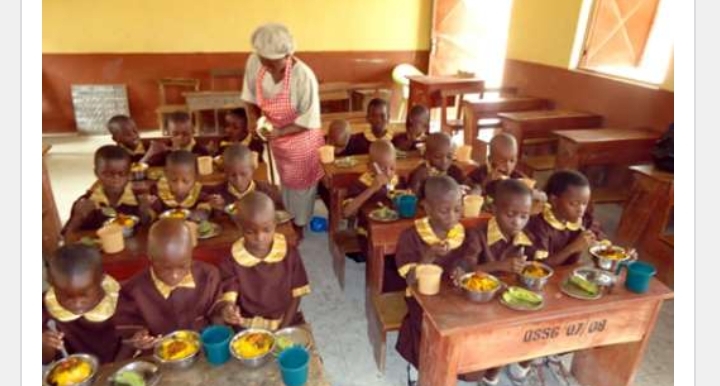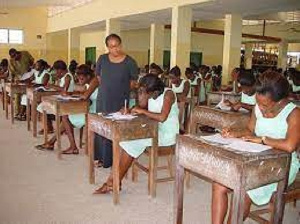Suspension Of Ghana School Feeding Programme Expansion Is Unfortunate

This unfortunate announcement follows initial projections by the Ministry of Gender, Children and Social Protection (MoGCSP) to expand coverage to at least 70% during the National Dissemination event in Cape Coast on the programs Cost Benefit Analysis and also increase the amount spent on each child by 50 percent.
The 2022 budget statement indicated that GSFP fed 3,448,065 pupils in 10,832 public basic schools with one hot nutritious meal every school going day in 2021. The Programme also provided employment for 32,496 caterers and created a ready market for local farmers.
The suspension therefore means a slow down in beneficiary coverage, missed opportunity for employment of caterers and a high risk of increased dropout rates.
From all indications the school feeding programmes has contributed significantly to the retention and completion rate of pupils in school especially at the pre-school and primary levels where the programme is being implemented. Our study of the programme in in 2021 showed a completion rate of 102.4%, 97.1% at the kindergarten and primary school levels respectively. The story at the Junior high School level where the school feeding programmes is not being implemented was different with a lower completion rate of 79.1%.
The suspension of the expansion of the GSFP comes as a surprise to FOSDA because government at the Meet the Press series in Accra on December 5, 2021 noted that all the necessary data and figures had been worked on and submitted to the Controller and Accountant General (CAG) for the release of funds to pay the caterers. We are concerned that nearly three months after, this promise has not been fulfilled risking the education and future of many children who would have been benefiting from the expansion of the project.
We urge the MoGCSP to fast track the national consultations towards the development of the social protection policy to streamline the sources of funds for the implementation of social protection programs in Ghana. This will reduce or even prevent recurrent incidents of “Caterer arrears”
We call on MoGCSP to provide timelines as to when the suspension on the expansion will be lifted and also include the Junior High School level in the programme to consolidate gains made at the primary level.
We urge the MoGCSP to engage in wider consultations in the processes of putting in place measures that will ensure efficient and effective service delivery to all the schools as well as the caterers.
We also implore MoGCSP to derive lessons from successful African countries that have implemented School feeding programs to appreciable levels such as South Africa, Tanzania and Uganda. Ghana’s intention to utilize a Management Information System to enhance efficiency and effectiveness of the school feeding should draw inspiration from these countries.





